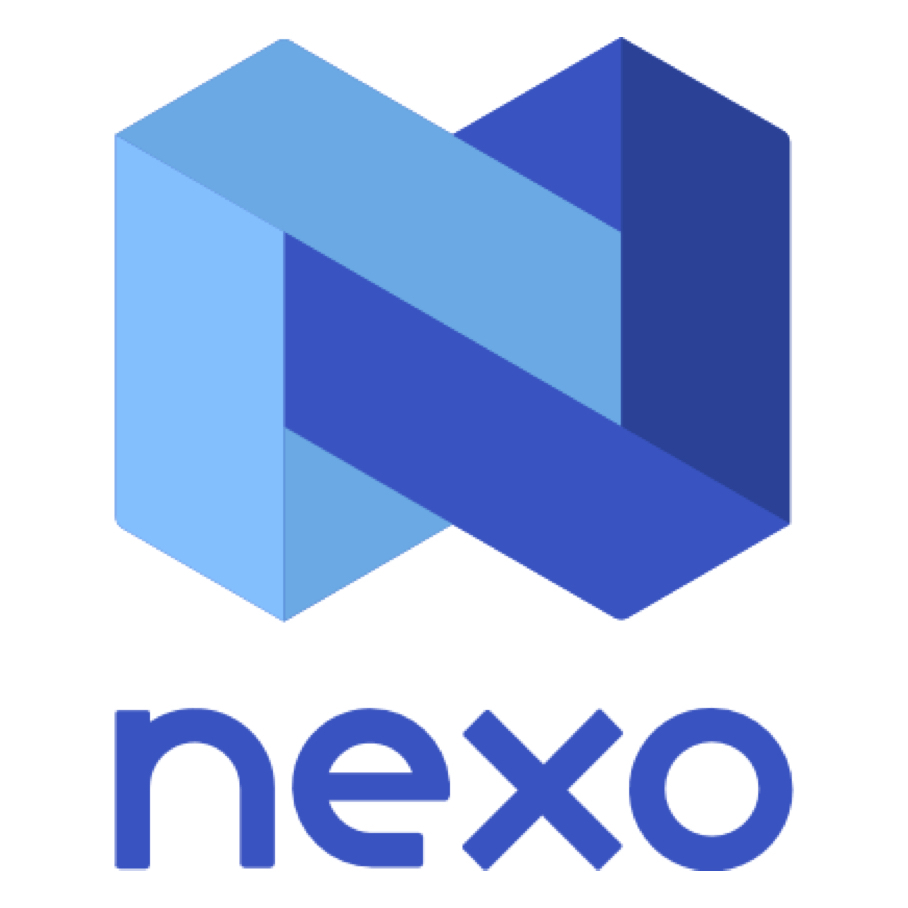Nexo Shows Commitment to Supporting Open Source Development With $150K Donation
- Posted on March 12, 2021
- Technology
- By Hannatu

Nexo, the world's largest and most trusted crypto financial institution is donating $150K to Brink, an independent, nonprofit organization, to fund open-source Bitcoin development.
The contribution puts Nexo in line with other crypto and Bitcoin companies like Square and Coinbase who have started contributing millions of dollars toward open-source development, particularly in the past year or so.
This comes after Square (SQ) and Twitter CEO, Jack Dorsey donated 1 BTC to the organization. He is convinced that Bitcoin is an "instrument of economic empowerment".
The six-figure sum will go toward supporting another developer in the next round of Brink funding later this month.
"Thanks to Bitcoin’s spectacular rally over the past months, we’ve reached that long-awaited stage where institutional investors and retail clients alike are flooding into the crypto space en masse."
Antonio Trenchev, co-founder of Nexo said:
“We must all be aware, however, that the need to maintain the protocol grows proportionately to Bitcoin network use. It is our responsibility, as key actors in the crypto economy, to allocate time, effort, and funds to its healthy and sustainable future”.
Funding from organizations like Brink and others is crucial for Bitcoin’s largely volunteer-driven development. Now that bitcoin is a $1 trillion asset, more users rely on the work of these developers to keep the Bitcoin protocol and network up to date.
While Bitcoin is viewed as a static network given the stability of the fundamental design, protocol development remains of significant importance.
Consensus protocol rarely changes, however, the network’s development is unfinished. As a software body, it will continuously demand updates, adaptations, and fixes to maintain the network’s performance over time.
As an open-source protocol, there is no central management organization that orchestrates these contributions. Instead, a patchwork of researchers and developers continually scour the software to identify bugs, build fixes, and suggest improvements.
Developers are constantly discovering memory, bandwidth exhaustion bugs, and logical errors that can affect overall performance and functions. Although most bugs have been discovered and fixed since Bitcoin’s early days, developers have solved more than 50 vulnerabilities over the past decade, both minor and significant.
As the network continues to expand, so will future upkeep costs. Brink already operates a variety of programs that aid Bitcoin developers and researchers financially. Its fellowship program introduces Bitcoin development to exceptional developers from other sectors, while its grant program funds existing Bitcoin contributors.


Be the first to comment!
You must login to comment